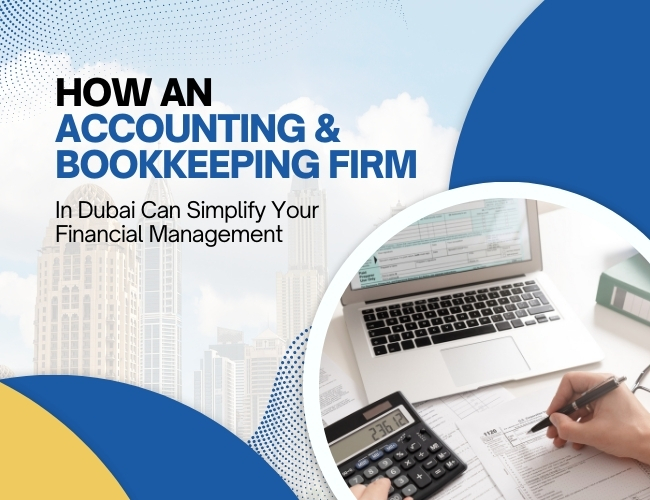Navigating the tax landscape in Dubai can be a complex task, especially for businesses unfamiliar with the UAE’s regulations. This is where a qualified tax advisor in Dubai becomes a valuable resource. Here, we share some expert tips gleaned from experienced tax advisors in Dubai to help you navigate the system with confidence.
Understanding Your Tax Obligations:
The UAE operates a territorial tax system, meaning businesses are only taxed on income generated within the country. However, specific tax types apply depending on your business structure and activities. Consulting a tax advisor Dubai can help you understand your tax obligations, including:
- Corporate Income Tax (CIT): Applies to businesses operating in specific sectors with a profit exceeding AED 375,000 annually. A tax advisor in Dubai can guide you through the registration and filing process.
- Value Added Tax (VAT): Most businesses supplying goods and services in the UAE are subject to VAT at a standard rate of 5%. A tax advisor in Deira or any other part of Dubai can advise on VAT registration requirements, calculations, and filing deadlines.
- Excise Tax: Applies to specific goods like tobacco, soft drinks, and energy drinks. A tax advisor Dubai can clarify if your business needs to comply with excise tax regulations.
By understanding your tax obligations, you can ensure your business remains compliant and avoid penalties.
Tax Planning & Minimizing Liabilities:
Taxes are a necessary expense, but there are ways to minimize your tax burden legally. A tax advisor Dubai can provide valuable insight on:
- Tax-efficient business structures: Choosing the right legal structure for your business can impact your tax liability. A tax advisor can offer guidance on options like a Limited Liability Company (LLC) or a branch of a foreign company.
- Tax deductions and exemptions: The UAE offers various tax deductions and exemptions for certain expenses and business activities. A tax advisor in Dubai can help you identify these opportunities and maximize your deductions.
- Transfer pricing: If your business has cross-border transactions, transfer pricing regulations apply. A tax advisor can ensure your pricing adheres to these regulations and avoids potential tax disputes.
Effective tax planning can help you save money and improve your business’s overall profitability.
Record Keeping & Documentation:
Accurate record-keeping is crucial for efficient tax management. A tax advisor Dubai can advise on the best practices for maintaining proper financial records, including:
- Maintaining clear and categorized records of all income and expenses.
- Keeping receipts and invoices for all business transactions.
- Electronically storing all financial documents securely.
Proper record-keeping makes tax filing easier and reduces the risk of errors or audits.
Staying Up-to-Date:
Tax regulations are subject to change. A tax advisor in Dubai stays informed about the latest updates and amendments to UAE tax laws. They can advise you on any changes that may impact your business and help you adapt accordingly.
Al Zora: Your Trusted Tax Advisors in Dubai:
At Al Zora Accounting & Advisory Services, our team of experienced tax advisors in Dubai are committed to providing comprehensive tax solutions for businesses of all sizes. We offer a wide range of services, including:
- Tax registration and compliance advice (CIT, VAT, Excise Tax)
- Tax planning and minimization strategies
- Transfer pricing analysis and documentation
- Tax audits and dispute resolution services
We believe in clear communication and personalized service. Our tax advisor in Deira, or any other location in Dubai, will work closely with you to understand your specific needs and provide tailored solutions to manage your tax obligations effectively.
Don’t navigate the complexities of tax alone. Contact Al Zora today to speak with a tax advisor in Dubai and gain the peace of mind that comes with expert guidance.




